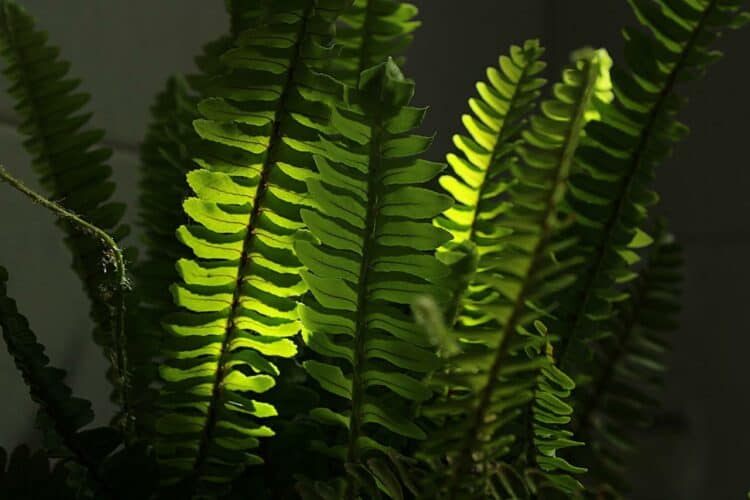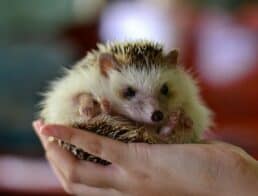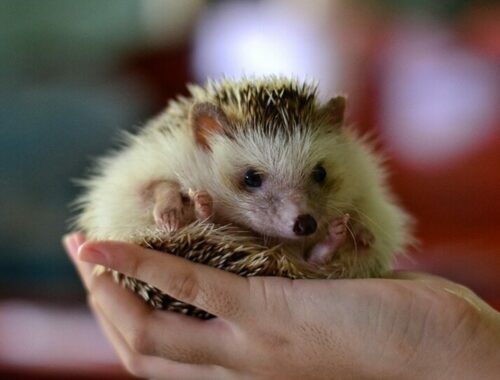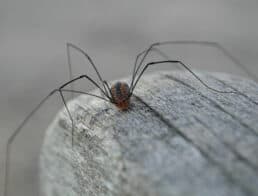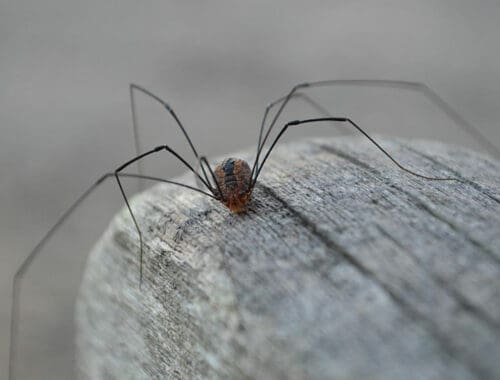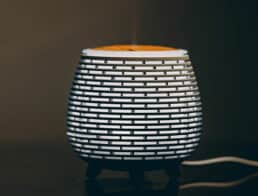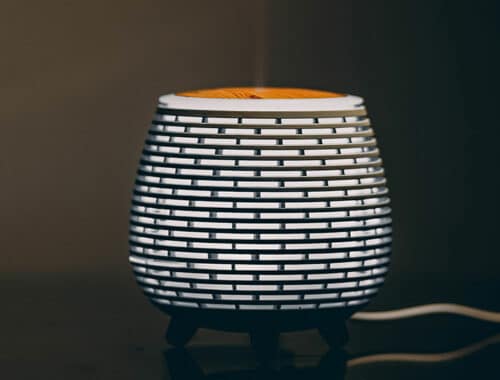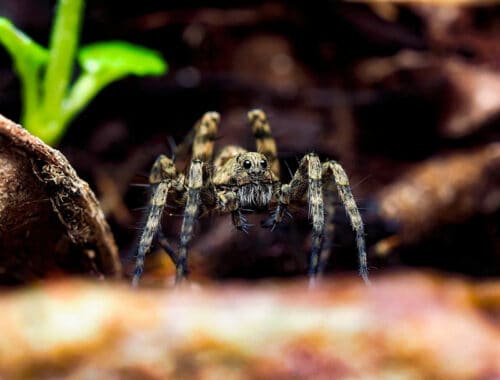Ferns add delightful greenery to any home, both inside and outside. If you love ferns and have a cat, you may be wondering if ferns are safe to have around your kitty. Better yet, maybe your cat just took a nibble and ingested a piece of a fern. Should you be concerned? Is this a medical emergency?
Luckily, most ferns are non-toxic to cats, but an exception applies. If your fern is a true fern, your cat is in the clear. However, some types of plants resemble ferns, so knowing what kind of fern you have will determine if you need to rush your cat to the vet. The ASPCA is an excellent resource to check if your particular fern or any other type of plant is toxic to pets.
True Ferns
Let’s look at some “true ferns” to help you determine if your situation is a medical emergency. If your fern is on this list, your cat is safe.
- Boston fern
- Button fern
- Sword fern
- Staghorn fern
- Bird’s nest fern
- Carrot fern
- Rabbit’s foot fern
- King and Queen fern
If you do not see your fern on this list, contact your veterinarian or emergency vet as soon as possible. Also, do not wait for your cat to develop symptoms, such as vomiting, diarrhea, or lethargy. Should your cat develop symptoms regardless, a trip to the vet is necessary.
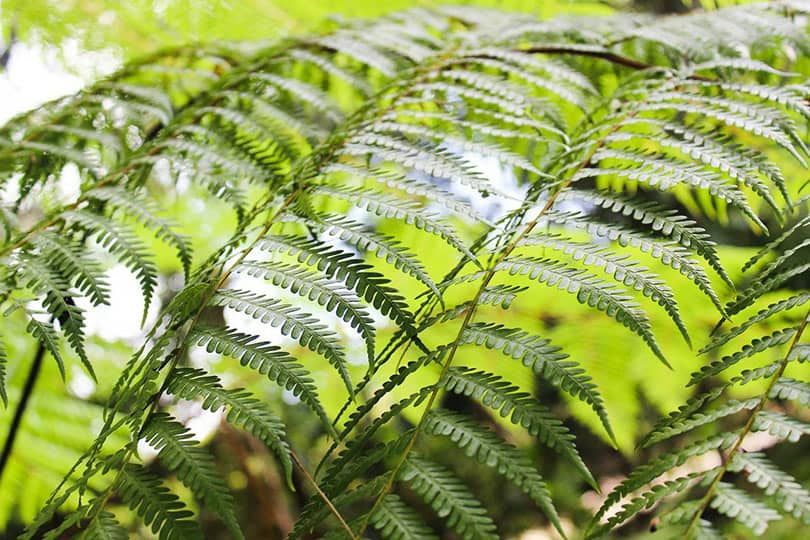
What Is a Typical Diet for Cats?
Now that we’ve established that true ferns are safe for cats, what about other substances? Cats are obligate carnivores, meaning they need primarily meat in their diet. Feeding high-quality cat food that contains all the necessary requirements is best. It’s okay to give your cat a tasty treat once in a while, but knowing what’s safe is crucial. When in doubt, consult with your veterinarian.
Since cats are obligate carnivores, you’ll want to avoid certain foods that are toxic for your cat. They are as follows:
- Alcohol
- Avocado
- Chocolate
- Coffee
- Caffeine
- Chives
- Citrus
- Coconut and coconut oil
- Garlic
- Grapes and raisins
- Macadamia nuts
- Milk and dairy
- Onions
- Raw or undercooked eggs, meat, and bones
- Salty snack foods
- Xylitol
- Yeast dough

What Other Items Should I Avoid for My Cat’s Safety?
Before planting any type of plant or flower, and especially before placing a potted plant inside your home, it’s best to check to ensure the plant or flower is not toxic to your cat. As we’ve mentioned, the ASPCA is an excellent source to ensure you have non-toxic plants that are safe for your cat.
To help you further, here is a short list of common toxic plants.
Final Thoughts
A wise rule of thumb is to always ensure a plant or flower is non-toxic before purchasing it. Our cats depend on us to keep them safe. They are not aware of what’s toxic and non-toxic, and it’s up to us to know this information. Always do your homework so that you’ll never have to worry about whether they are safe or not.
Featured Image Credit: Pixabay
